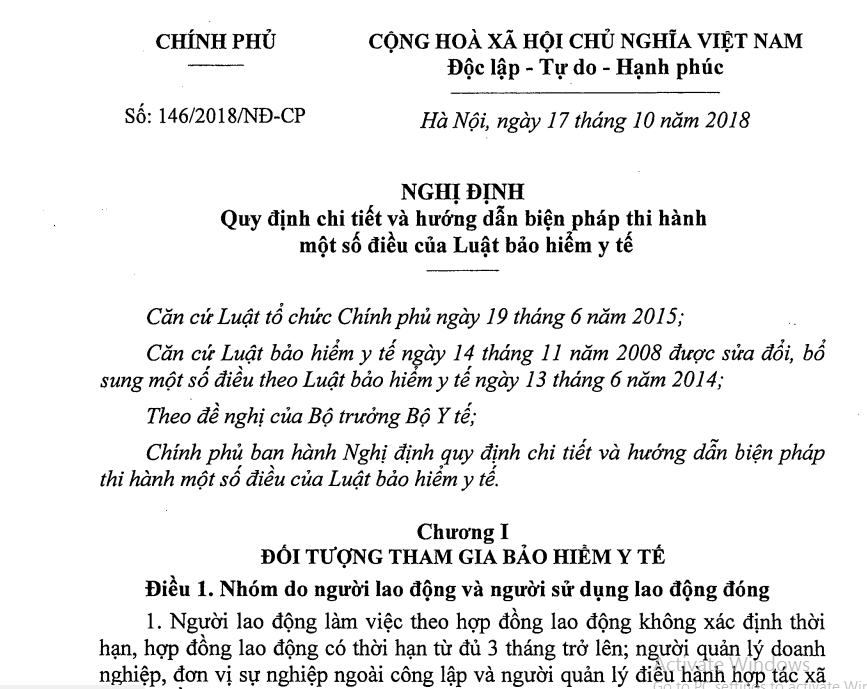This is one of the notable contents in Resolution 28-NQ/TW on the reform of social insurance policies, issued on May 23, 2018.

Illustrative Image
To be specific, according to Section 1, Part III of this Resolution, one of the reform contents proposed to expand the coverage of social insurance, aiming at universal social insurance is to establish a multi-tier social insurance system. Accordingly:
- For Social Pension Benefits: The state budget provides an allowance for elderly people who do not have a pension or monthly social insurance. There are policies to mobilize additional social resources so that these individuals can receive higher benefits; gradually adjusting the age of eligibility for social pension benefits in accordance with the budget capacity.
- For Basic Social Insurance, including compulsory social insurance and voluntary social insurance: Compulsory social insurance (with pensions, survivors' benefits, occupational accidents, occupational diseases, sickness, maternity, unemployment) is based on contributions from employees and employers. Voluntary social insurance (with pensions, current survivors' benefits, gradually expanding to other policies) is based on contributions from workers without labor relations; there is appropriate support from the state budget for farmers, the poor, low-income earners, informal sector workers to expand the coverage of social insurance; enhancing the awareness and responsibility of workers for their own welfare assurance. Expanding the coverage of social insurance following a roadmap that adjusts the retirement age in each period.
- For Supplementary Pension Insurance: Providing opportunities for employers and employees to make additional contributions to enjoy higher pension benefits.
Thus, it can be seen, according to the general spirit set out in this Resolution, in the upcoming period, voluntary social insurance will not only be entitled to pensions and survivors' benefits as currently but will be gradually expanded to other policies. This will help ensure the benefits for those who are not covered by compulsory social insurance to enjoy more benefits than at present, and will encourage them to actively participate in voluntary social insurance when they are not covered by compulsory social insurance.
Additionally, Resolution 28 also emphasizes amending the conditions for pension eligibility by gradually reducing the minimum number of years of social insurance contributions required to receive a pension from 20 years to 15 years, aiming for 10 years, with calculated benefit levels suitable to allow elderly workers with fewer years of social insurance participation to access and enjoy social insurance benefits.
Nguyen Trinh
 Article table of contents
Article table of contents
.jpg)




.Medium.png)
.Medium.png)
.Medium.png)
.Medium.png)
